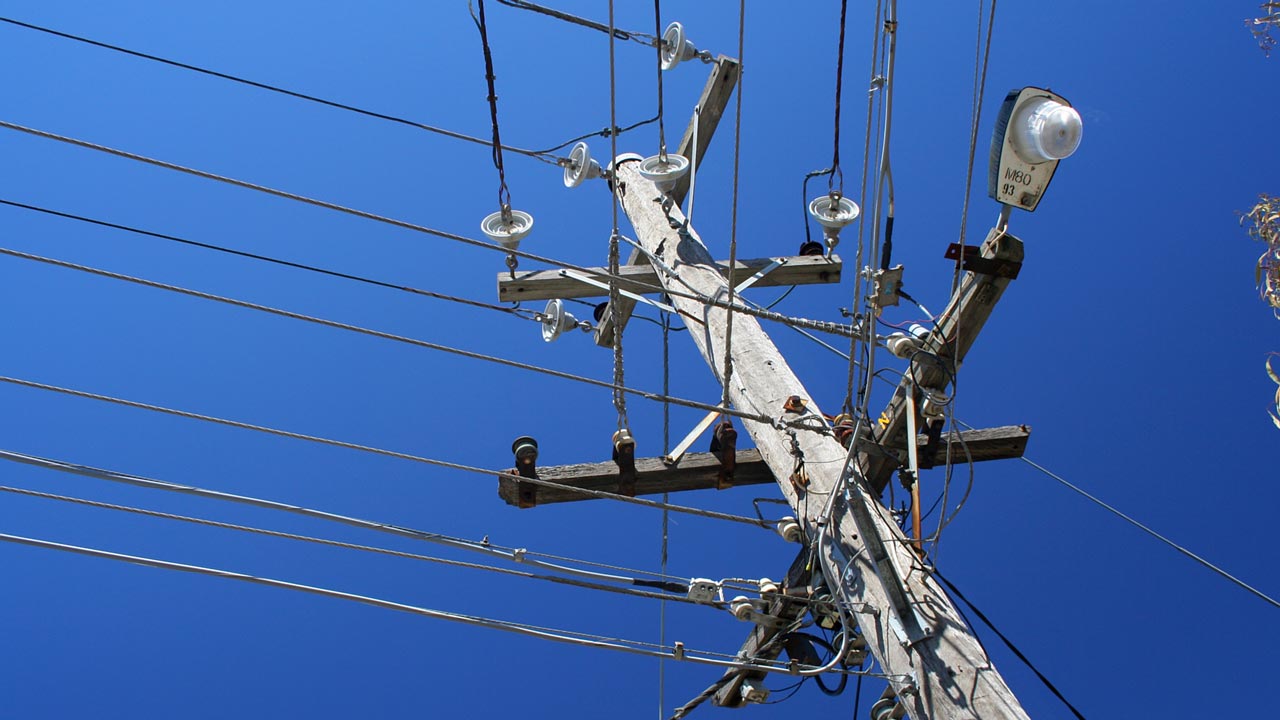The Manufacturers Association of Nigeria (MAN) has sounded a warning that the proposed hike in electricity tariff by power distribution companies could have dire consequences for the country’s business landscape.
MAN President, Francis Meshioye, expressed concerns that the implementation of increased electricity tariffs may force more multinational companies to relocate their factories outside Nigeria, exacerbating an already challenging operating environment.
Meshioye highlighted the existing power crisis as one of the major factors that have prompted some international manufacturing firms to exit the country.
He emphasized that any further escalation in tariff rates would inevitably lead to an exodus of companies. He called upon the government to reconsider its decision in order to safeguard the interests of both the manufacturing sector and the economy as a whole.
The move to raise electricity tariffs had been previously announced by various power distribution companies, known as DisCos. They had declared that selected categories of consumers would face an increase of approximately 30 to 40 percent, effective from July 1, 2023.
However, Investors King understands that the DisCos later rescinded their earlier statements, clarifying that the Nigerian Electricity Regulatory Commission (NERC) had not yet approved the tariff hike.
Meshioye explained, “In every system there’s always a core structure and this includes the elements that make up the total cost spent in generating your revenue. Now, what we experience as manufacturers is that energy cost is a major cost in processing our products.
“The downsizing of businesses in Nigeria, for instance, shows that businesses are not doing very well. So this power issue and other things have made some manufacturers, particularly international businessmen to relocate from Nigeria to other countries.
“Therefore anything to reduce this energy cost will be very beneficial both to manufacturers and the masses in general. So it (power) is a high cost to us, and a major driver in terms of cost. At the same time, it could lead to other things.
“It is one of the things that make some manufacturers to seek to move their business to another region and site their factories there. It is not the only reason, but, of course, it is one of the major ones.”
Apart from the electricity tariff issue, Meshioye also highlighted other factors that might drive manufacturers away from Nigeria. He pointed to the unpredictability of the foreign exchange rate and the availability of foreign exchange as additional challenges faced by businesses. He stressed the importance of a predictable and accessible forex market, as these factors greatly impact the viability and profitability of manufacturing operations.
Meshioye said: “We have the unpredictability of the foreign exchange rate. In a business model, the more predictable the forex, the better you are. But the availability of the forex itself is another thing. All these are problems that border manufacturers.”

 Forex3 weeks ago
Forex3 weeks ago
 Naira3 weeks ago
Naira3 weeks ago
 Billionaire Watch2 weeks ago
Billionaire Watch2 weeks ago



 Naira3 weeks ago
Naira3 weeks ago






 Naira2 weeks ago
Naira2 weeks ago




 Naira1 week ago
Naira1 week ago




 Naira4 weeks ago
Naira4 weeks ago






 Naira1 week ago
Naira1 week ago




















